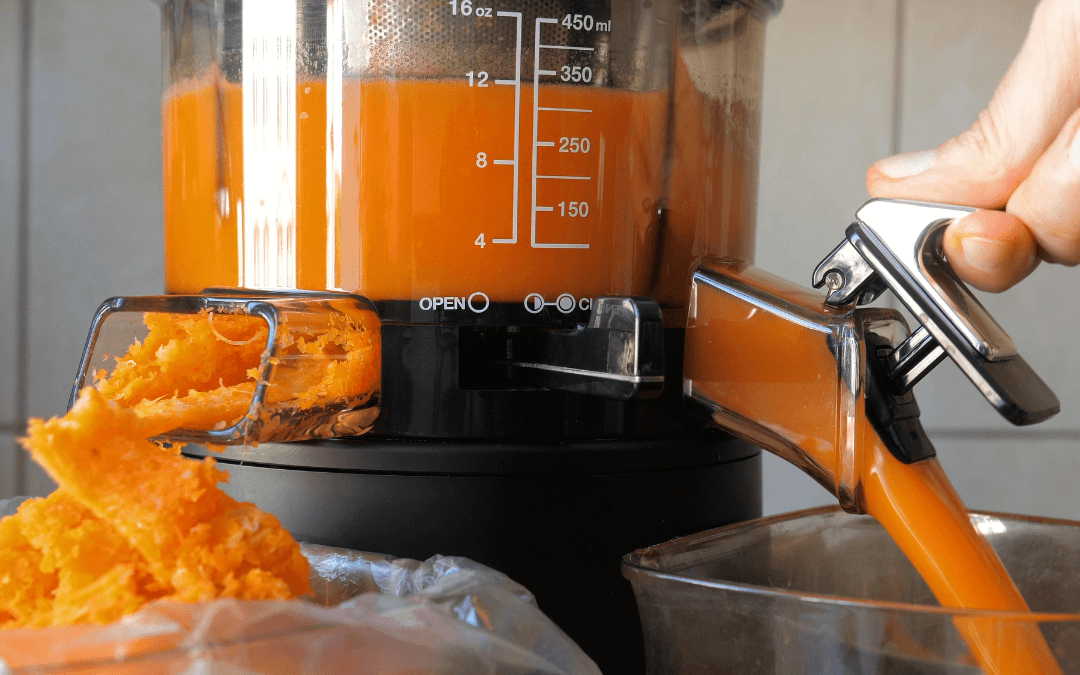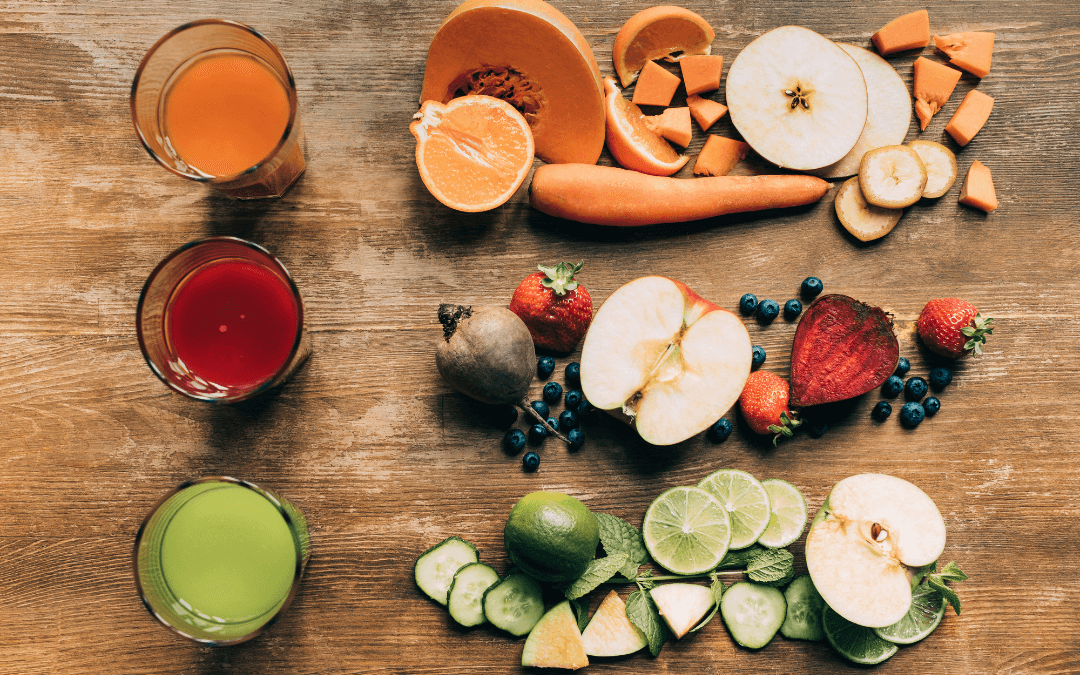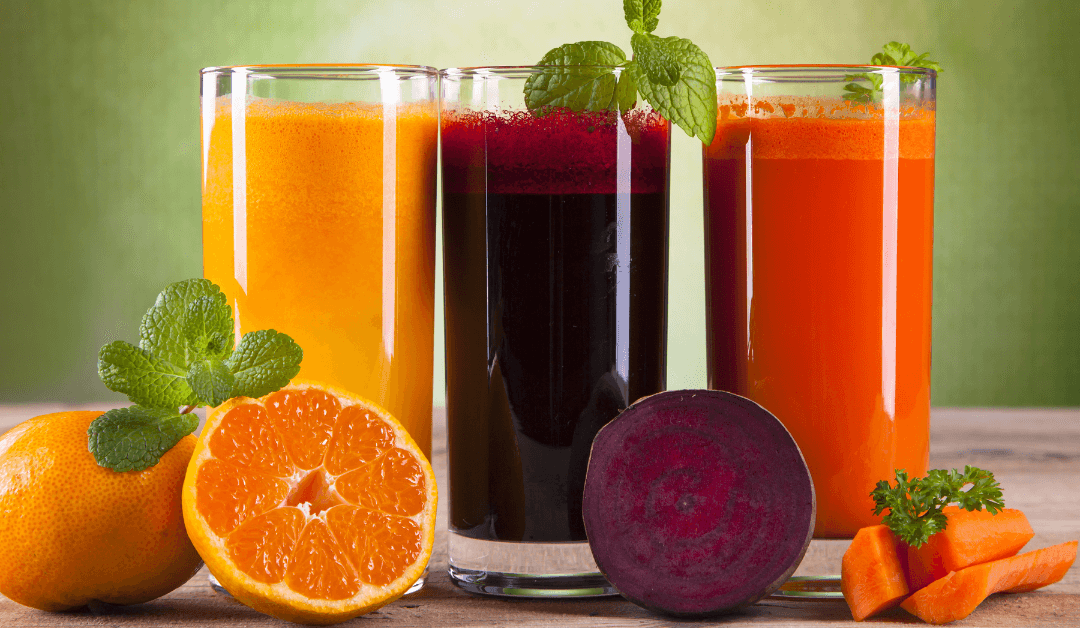The Dodo Munches cannot and does not contain medical/health advice. The information is provided for general informational and educational purposes only and is not a substitute for professional advice. Please read the full disclaimer here.
Fructose is a carbohydrate that occurs naturally in fruits. I used to think I didn’t like fruit because I barely managed to eat a piece a day. Then two things happened: I stopped eating sugar and I moved to Portugal. Now, I eat three to four portions of fruit every day, inlcuding bananas in cakes and sweets.
I no longer drink any juice though. Not even organic juices without added sugars. When I learned how my body metabolises glucose, I also learned what my bodies does with fructose. Here’s what I found out.
Fructose ≠ glucose
Both glucose and fructose are types of carbohydrates but their chemical composition is different. Unlike glucose, which can be metabolised in every cell of the body, fructose needs to be changed into glucose first. This chemical process happens in the liver and only the liver, which means that fructose is always delivered straight to the liver.
When I eat a piece of fruit, I chew it quite a bit to get all the delicious juice out but also to break down the large bits of fibre naturally occurring in fruit. These plant fibres are water-insoluble, meaning they don’t mix with water. The second type of fibre fruit and veggies contain is water-soluble fibre.
Acids in my stomach break the plant matter down further, but cannot break down the water-insoluble fibres completely. When the mash reaches my gut, the two types of fibre combine to form a net that slows down the intake of fructose. So all that fructose I just ate is absorbed slowly. My liver gets the fructose in small manageable doses, which it turns into glucose.
Fruit juice and a sick liver
What I described above is what is happening right now in my body. (I ate a banana for dessert a couple of hours ago.) But it’s not what used to happen when my liver was sick from too many carbs and sugar.
After years of eating far more carbs than my body needed, my cells developed insuline resistance so my poor liver had to handle all the excess glucose. To make matters worse, I drank orange juice.

Fruit juice is processed fruit
Every time we process food, we change its composition, which influences how the body handles it. Processing itself is not a bad thing. Cooking is a form of processing. For some foods, it is even necessary to make them more easily digestible (lentils), increase their nutritional value (eggs) and/or make them save to eat (again, eggs, but also meat).
But other types of processing make food less nutritious and even unhealthy. Turning fruit into juice is one of those processes because it removes the water-insoluble fibre, the thick chewy bits of fruit. Without them there’s just water-soluble fibre.
When I drank fruit juice, the fructose was immediately absorbed. The same happened when I tried smoothies. The sharp blades in the mixer chopped up the large bits of fruit fibre. It could no longer form a protective net and my liver was bombarded with fructose and stressed out.
And then there’s quantity
The other point about fruit juice is that I used a lot more fruit to make it than I would normally eat. The last time I made my own juice I needed two giant oranges. If I had eaten the fruit, I’d only have eaten one.
With smoothies, especially the mixed versions from the supermarket, it was even worse. If I’d tried to eat all the ingredients that were mashed up for the smoothy I would have had to separate it into two meals.
So, not only did the fructos blast my liver whenever I drank juice, but I also consumed 2-3 times more fructose than I would have done if I’d just eaten the fruit. When I learned all of this, I decided to no longer drink fruit juice or smoothies.

Over the top?
I am healthy now. My liver could definitely handle a glass of fruit juice or a smoothie. Just like it could handle a glass of alcohol. But now I know that the word “handle” is appropriate, I don’t see the point anymore. When I feel like fruit, I just eat the fruit.
Yes, I live in Portugal and most of the fruit is really delicious here! But even before I moved, once I stopped eating sugar, supermarket fruit tasted sweeter to me. In fact, my tastes have changed so much that I can’t eat the mangoes here when they are in season because they are too sweet for me.
I don’t miss juice. The main reason I drank it was – ironically – for my health. To get more vitamins into my body because I never felt like eating fruit. Now, without sugar, I enjoy fruit and feel like eating it every day. I no longer need juice and my liver is happier than ever.
I learned about metabolisms in Fat Chanceand Metabolical, both by Dr. Robert Lustig, in case you want to dive deeper into the subject.

